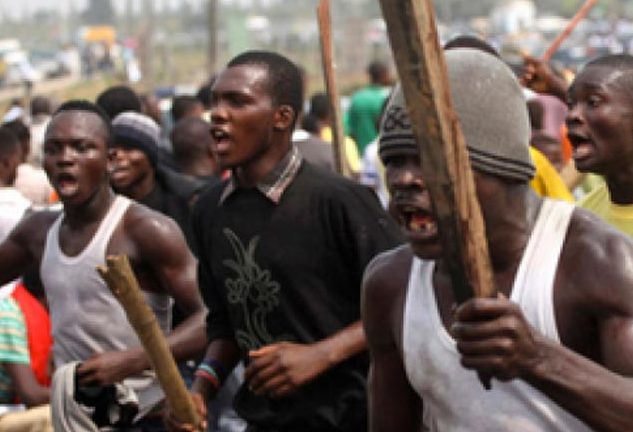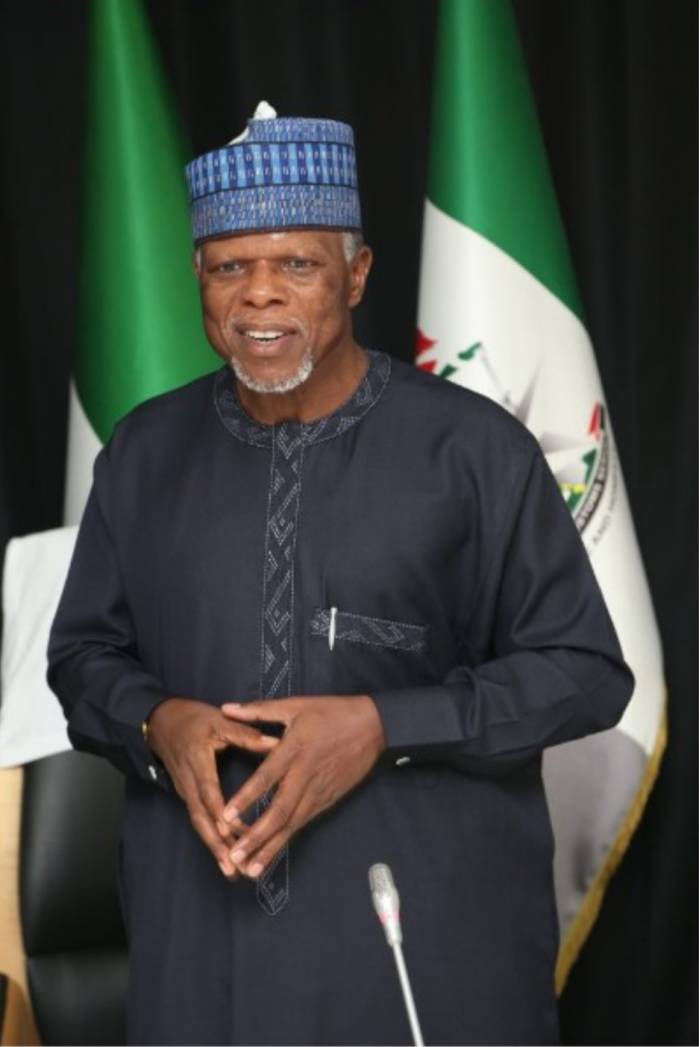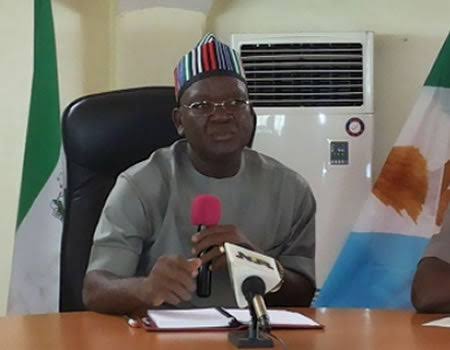Mexicans will head to the polls on Sunday in what is being billed as the biggest elections in the country’s history.
More than 3,400 posts are up for grabs, including the presidency and all the seats in the two houses of Congress.
Polls open at 13 GMT and are set to close at 23 GMT, with results expected on Monday.
Three issues have defined the landmark race: security, corruption and poverty.
Mexico has slipped to 135th out of 180 countries in the Transparency International Corruption index.
A 2018 poll showed that 64 per cent of the country’s population believes the government is not doing enough to combat corruption, and many Mexicans are sick of a political class that has become synonymous with pocket-lining and impunity.
Many are also becoming increasingly concerned about the country’s crime rates.
Last year was the most violent and 2018 is set to surpass it with four people killed every hour in the month of May alone, according to government figures.
Poverty levels are also topping voter’s minds.
More than 50 million of the country’s 127.5 million people live below the poverty line.
About one per cent of the country’s population holds a third of its wealth, according to a 2017 study by CEPAL – a regional economic commission of the UN.
Concern over these issues has seemingly helped frontrunner Andres Manuel Lopez Obrador.
A silver-haired, left-leaning populist, who wows supporters at rallies with promises to fight “the power mafia” and eradicate all graft, Lopez Obrador had a 22-point lead in an aggregate of the final opinion polls on June 27.
The 65-year-old spent time in both Mexico’s ruling Institutional Revolutionary Party and the Party of the Democratic Revolution before veering off to form his own party, the National Regeneration Movement.
Of the three candidates trailing Lopez Obrador, Ricardo Anaya is the closest.
A tech-savvy, 39-year-old conservative, Anaya has risen to the top of the National Action Party (PAN) with a reputation as a meticulous planner and cut-throat political operator.
The latter has won him the candidacy of a left-right coalition, but cost him the support of some within his own party.
Anaya has said he will fight poverty with monthly payouts for all Mexicans and will also fight corruption. That message has been undermined, however, by allegations of money laundering – accusations he has denied and said are part of a smear campaign by the PRI.
The PRI’s candidate is in third place, according to opinion polls.
Jose Antonio Meade Kuribrena has been portrayed as an affable and experienced political operator.
He has held positions in the last two administrations.
The party has governed Mexico for 77 of the last 89 years, in the process becoming synonymous with corruption and inside dealing.
Many Mexicans say they simply won’t continue having the PRI in power for another six years.
Coming last in the opinion polls is Jaime Rodriguez Calderon, an independent candidate.
He has branded himself as “El Bronco” or the wild horse.
The northerner was the first independent to become a governor in Mexico.
Calderon would like to be seen as a straight-talking maverick, but instead has been widely ridiculed for suggesting in the first presidential debate that the answer to corruption was cutting the hands off public servants who steal.
Spanish NGO boat looking for safe dock after saving 60 refugees
A Spanish NGO says one of its ships is “heading to a secure port” after rescuing 60 refugees and migrants off the coast of Libya, eliciting a reaction from Italy’s far-right interior minister who said they were not welcome in his country.
“Despite the hurdles, we continue to protect the right to life of people. Their stories on what they experienced [in] Libya are terrifying,” Proactiva Open Arms said on Twitter on Saturday,
However, it remained unclear where the NGO’s Open Arms vessel would be allowed to anchor.
The news comes a day after three babies were found dead and 100 more went missing in a shipwreck off Libya that Proactiva Open Arms, whose charity rescue boat was in the area, said could potentially have been avoided.
It also follows a vaguely worded deal by European Union member aimed at controlling the number of migrants and refugees arriving on the continent.
Under the controversial deal, “controlled centres” will be set up in member states on a voluntary basis for “rapid and secure” process to distinguish between those eligible for asylum. The bloc’s leaders also agreed to increase funding for Turkey and free up 500 million euros ($581m) in funding for North African states.
Reacting to the rescue by Proactiva Open Arms, Italy’s anti-immigration Interior Minister Matteo Salvini said on Facebook: “The nearest port is Malta, the organisation and flag are Spanish: they can forget about coming to an Italian port.”
Malta’s interior minister retorted on Twitter that the refugees had been rescued between Libya and the Italian island of Lampedusa.
“Stop spreading incorrect information by pointing the finger at Malta without any reason,” Michael Farrugia said.
Sen. Tim Scott calls race discussion with Trump ‘painful,’ ‘uncomfortable,’ but ‘hopeful’
Republican Sen. Tim Scott discussed conversations he has held with President Donald Trump on the issue of race, calling them difficult and “uncomfortable,” but also saying they gave him reason to be hopeful.
“Yeah, they’re hard. They’re painful. They’re uncomfortable, to sit in the Oval Office and have a conversation with the President about things that you strongly disagree about,” Scott said in an interview on CNN’s “The Van Jones Show” airing Sunday at 7 p.m. ET.
Scott, the first black senator elected in the South since Reconstruction, met with Trump for 40 minutes at the White House last year after the President faced bipartisan criticism for drawing equivalence between white supremacists protesting the removal of a Confederate monument in Charlottesville, Virginia, and counter protesters.
Scott told host Van Jones that he and the President didn’t end their conversation in agreement, but he felt the talk was constructive.
“He didn’t change his perspective. I certainly can’t change my perspective. Mine’s educated by my experience,” the South Carolina senator said, adding, “But the way it closed, I thought, gave me reasons to be hopeful.”
Scott recalled that the President told him, “‘Tim, I don’t see what you see. What can I do to make things better?'”
“That was a shocking response,” Scott said. “I was surprised after the conversation that his response was, ‘Help me see a better light.'”
The outcome of their conversation, Scott said, was Trump’s support of the senator’s “opportunity zone” legislation, which made it into the GOP tax overhaul and uses tax incentives to encourage businesses to invest in low-income communities.
“And my answer is always not for him to speak about issues in the way that he doesn’t sincerely believe, but for him to actually do something,” Scott said.











